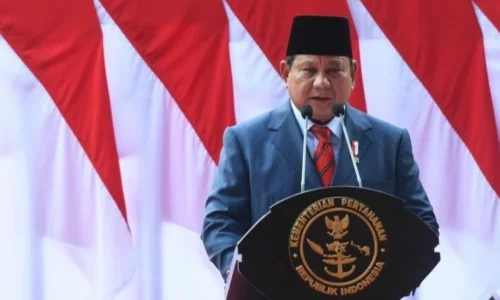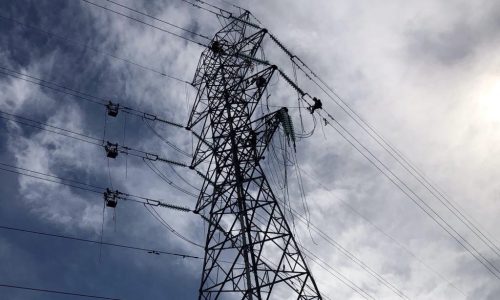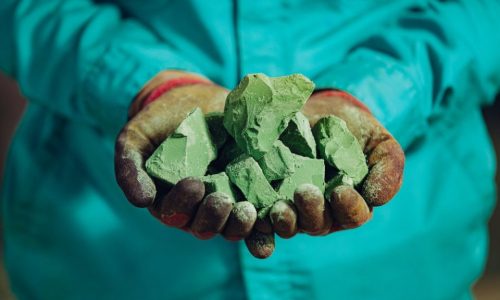PT PLN (Persero), Indonesia’s state-owned electricity company, is considering the implementation of nuclear power generation with a capacity of 100 megawatts (MW).
This initiative is part of the country’s efforts to transition towards clean energy. The proposed nuclear power generation will involve small modular nuclear reactors.
Mochamad Soleh, Vice President of Technology Development at PLN Indonesia Power, stated that the small-scale modular nuclear reactor technology is being considered as an alternative to diesel power plants. He revealed this during an announcement on October 17, 2023.
The research is being conducted in collaboration with the Coordinating Ministry for Economic Affairs, the National Research and Innovation Agency (BRIN), the United States Trade and Development Agency (USTDA), and the American energy company NuScale Power.
Nuclear energy is among the three new energy sources for Indonesia, according to Soleh. Apart from nuclear energy, PLN is also exploring strategies to reduce carbon emissions, including co-firing biomass in coal-fired power plants.
In addition, PLN plans to gradually phase out coal-fired power plants by transitioning them with alternatives that use zero-carbon fuels like hydrogen. This could also involve carbon capture technology and battery installations.
Previously, Yudo Dwinanda Priaadi, the Director General of New and Renewable Energy and Energy Conservation (EBTKE) at the Ministry of Energy and Mineral Resources (ESDM), emphasized that Indonesia will focus on the development of three new types of energy sources to achieve its Net Zero Emission (NZE) targets by 2060. These sources include hydrogen, nuclear, and ammonia.
However, Yudo mentioned that there are still challenges to address in the development of these three energy sources, one of which is the affordability of new energy for the public.
He stated that Indonesia’s goal is to advance by making affordable new energy accessible and emphasized the focus on nuclear, hydrogen, and ammonia energy sources.
The Indonesian government has prepared a roadmap for the utilization of green hydrogen and ammonia until 2060. This roadmap will cover regulations, standards, infrastructure, technology, supply, and demand.
Dadan Kusdiana, Secretary General of the Ministry of Energy and Mineral Resources (ESDM), believes that Indonesia has the potential to become a global hub for hydrogen. The government is also considering the role of hydrogen in the energy transition in Indonesia.
Currently, hydrogen is used in the industrial sector, primarily as a raw material for fertilizer production. Indonesia consumes approximately 1.75 million tons of hydrogen annually, with most of it used for urea (88%), ammonia (4%), and oil refineries (2%). Green hydrogen is expected to play a significant role in the decarbonization of the transportation sector, starting in 2031, and the industrial sector, starting in 2041.









